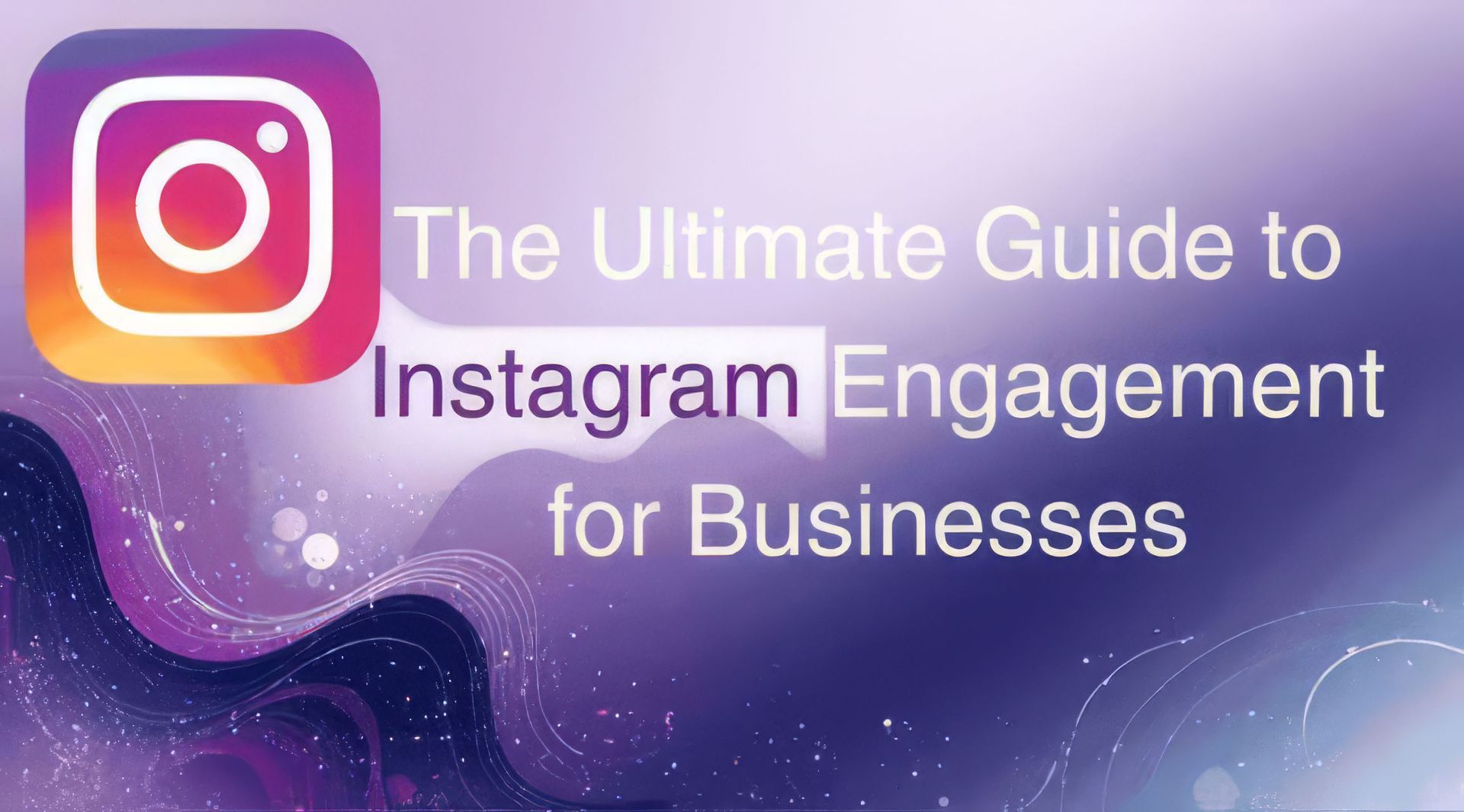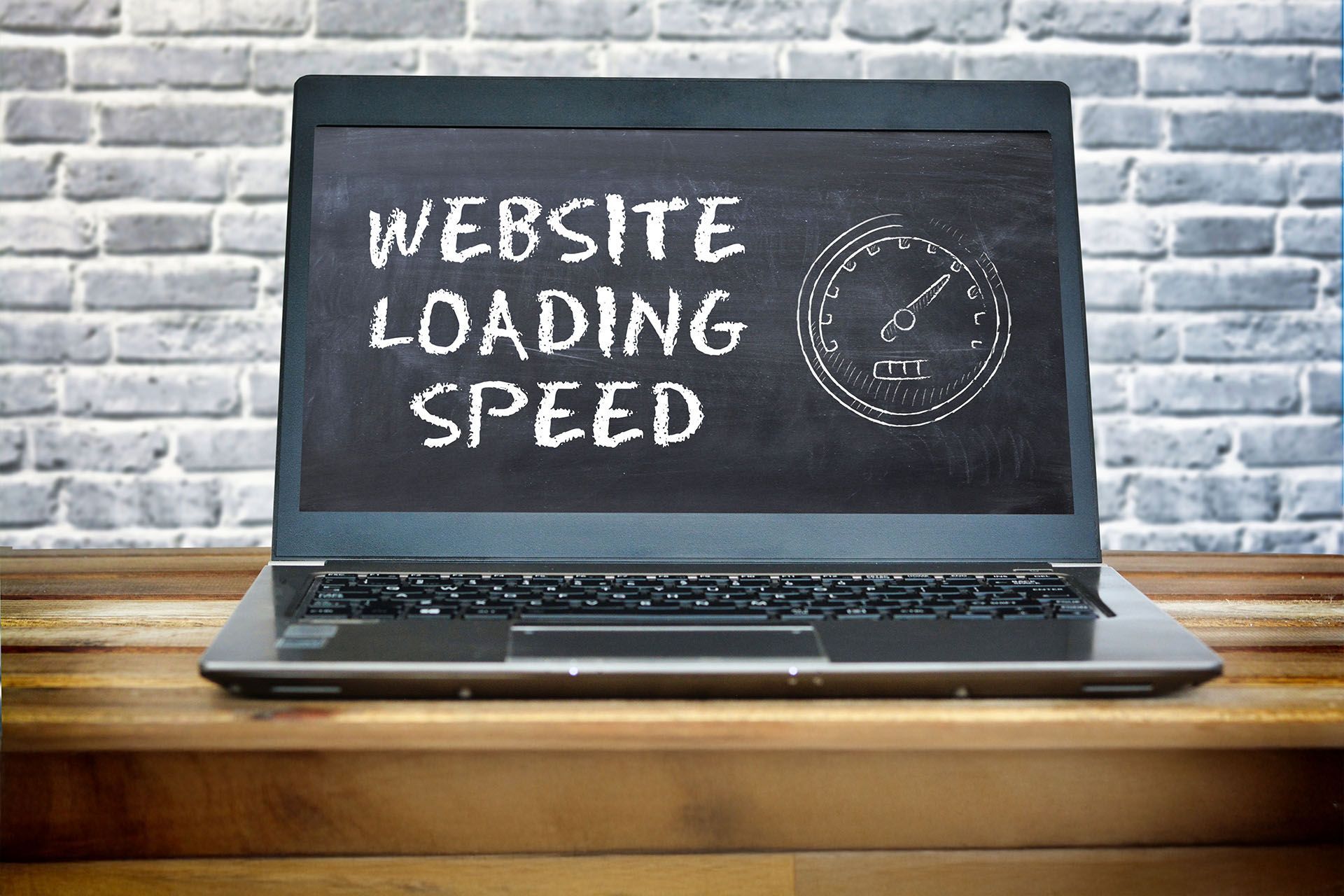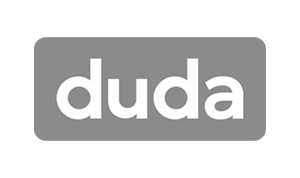Crown Street, Wollongong, 2500
The Smart Way to Launch a Start Up in Australia
There’s a lot to consider when starting a business, especially for startups or if it’s your first time. If you’re starting a business in Australia, expect to cover the basics early: registration, branding, finances, and how you’ll promote what you offer, including the necessary capital. It may seem complex at first, but when it is broken down into manageable and straightforward actions, the journey becomes much easier.
With over 2.5 million small businesses, Australia offers plenty of room to start something new, especially for ambitious founders and a different service. Still, a strong idea isn’t always enough: poor planning, limited funding, and lack of marketing often hold startups back.
This blog will help you overcome those challenges by providing clear, practical advice and key steps to start your business or company the right way. We’ll cover all advice from choosing a business name and registering your company, getting a director id, to setting up a website and email. If you’re planning an online store, a consulting firm, or a service-based business in Canberra, Sydney, Melbourne, Australia or Western Australia and its surroundings, following these steps will set you on the right path.
Understanding the Business Environment in Australian Startups
Before you start building your business, it’s important to understand the broader Australian market data: how many businesses exist in the sector, the size and dynamics of the workforce, what industries are in demand, and what causes some businesses and Australian startups to fail. This knowledge and data will help you make informed decisions and avoid common pitfalls.
Emerging Opportunities: Cyber Security & Medical Devices
As digital infrastructure and personal data become more integral to business operations, the demand for cyber security solutions is growing rapidly. Startups offering services in this space have significant potential to scale. Similarly, the medical devices industry presents strong growth opportunities, especially as global health awareness increases and technology becomes more integrated in patient care.
How Many Businesses in Australia?
Australia is home to millions of businesses, ranging from small family-owned enterprises to large corporate firms that compete in the global market. According to the latest data, small businesses account for nearly 98% of all registered businesses in Australia. You’ll find them in almost any sector: hospitality, finance, beauty, logistics, technology, health services, design, trades, commercial, education,… the list goes on. These businesses service different markets, with some operating locally and others expanding internationally.
Many entrepreneurs around the world start by offering services or selling products online. E-commerce platforms, coaching businesses, and digital services, such as social media management, are popular choices for startups today. However, before you enter any industry, including retailers, it’s important to understand where demand exists in your sector and what the competition looks like.
Why Do Small Businesses Fail?

Not all startups succeed, and it’s essential to understand the risk factors that lead to failure so you can avoid making the same mistakes. Some of the most common reasons why Australian startups fail include:
- Poor Financial Planning – Many startups underestimate how much funding they need to stay ahead. Without a financial plan, investment, capital or a clear budgeting strategy, businesses can run out of cash faster than expected.
- Lack of Market Research – Some entrepreneurs around the world launch products or services without fully identifying their target audience. If there’s low demand or high competition, businesses might struggle to generate consistent sales and profit.
- Weak Branding and Digital Presence - Today, branding plays a huge role in attracting customers. Businesses that don’t invest in professional branding, website development, and SEO often find it challenging to promote, grow, and connect.
- Inconsistent Tax Compliance – Australia has strict business laws, and failing to meet compliance requirements, such as registering with ASIC, obtaining a Director Identification Number (Director ID), or paying taxes correctly, can result in penalties.
The first few years are often the most challenging for small businesses as they strive to create traction and profitability. Being aware of these risks will help you prepare and build a stronger strategy and future-proof your business.
Why Culture and Leadership Matter in Startup Success
When launching a business, most founders focus on the essentials: funding, branding, compliance, and getting a director ID. But one area that often gets overlooked yet plays a massive role in long-term success is internal culture. A new report from Culture Amp, titled “The Science of Sustainable High Performance”, sheds light on how performance isn’t something you simply hire for—it’s something you build from the inside out.
The report draws on data from over 560,000 employees across 1,500+ companies worldwide. Its key message? High performance isn’t a fixed trait. It’s not about finding “superstar” employees who are naturally gifted. Instead, it’s about creating the right environment where people can do their best work consistently. That means startups need to be intentional about how they design their teams, lead their people, and give feedback.
Another key insight? Leadership sets the tone. Employees who work under high-performing leaders are 4.5 times more likely to become high performers themselves. On the flip side, those under poor leadership are 3 times more likely to underperform. This shows that leadership is about creating a ripple effect that influences the entire team’s output.
Goal-setting is another area where high performers stand out. They’re more likely to set personal goals and align them with company objectives. This alignment helps them stay focused, motivated, and connected to the business’s mission. It also gives them a clear path for growth, which is especially important in fast-moving startup environments.
So, what does this mean for your business?
If you’re building a team whether it’s two people or twenty, don’t just focus on hiring the most experienced candidates. Focus on creating a culture where people can thrive. That includes:
- Giving regular, constructive feedback
- Setting clear goals and expectations
- Ensuring every team member understands their role
- Leading by example
- Encouraging open communication
Key Steps to Start a Business in Australia

Before starting a business, you need to take several steps in the process to ensure legal compliance, financial security, and a strong foundation for growth. Here are the following:
Registering a Business with ASIC
One of the first things you need to do is register your business with the Australian Securities and Investments Commission (ASIC). This step is mandatory for businesses in Australia, as it ensures legal recognition and protects your brand name.
You’ll need to decide on a business structure. It can be as a sole trader, a partnership, or a company. Each of these has different legal and tax responsibilities, particularly if a director is involved. A company structure will require at least one person to apply for a director ID.
Choosing a Business Name
A strong business name is essential because it reflects your brand, helps with marketing, and makes your business recognisable to customers. It should be unique, relevant to your industry, and easy to remember.
Before you choose a business name, it’s essential to check its availability using the ASIC business name register. If the name is already taken, you may need to tweak it slightly or choose an alternative that still aligns with your brand’s identity and vision. In most cases, once you register the business name and structure, a director ID is required before taking on any official business operations.
Additionally, if you plan to have a website with a .com.au domain, you’ll need to register an Australian Business Number (ABN), as Australia has strict laws around domain registration. Your ABN confirms that your business is legally recognised, and without one, you won’t be able to control a .com.au website address. There are various platforms available for domain registration, each with its specific requirements, particularly for Australian domains.
Director ID: What You Need to Know
If you're establishing a company, applying for a director ID is a legal obligation and not a choice. The director ID verifies a company director's identity and links them to their company profile for transparency, accountability, and fraud prevention.
Getting it early also makes it easier to open a business account, apply for financing, or finalize ASIC registrations. It is especially critical if you're managing multiple businesses or hold roles in different companies. It creates a permanent and trackable link to you, even if you change companies later.
Note: Not having a director ID at the point of registering your company may delay operations, especially when submitting documents to ASIC, lodging taxes, or accessing government platforms.
Is Business Name Registration Free?
Business name registration in Australia isn’t entirely free, but it’s relatively affordable, depending on the type of registration you need. If you’re operating as a sole trader and using your legal name, you don’t need to register a separate business name, which means there’s no cost involved.
However, if you want a distinct business name and operate as a company, you’ll need to register the business and secure a director ID before you begin trading. The fees may range from AUD 20 to AUD 100, depending on the number of years of registration.
Legal Considerations and Financial Planning for Australian Startups

Money is one of the most significant factors when identifying whether a business succeeds or fails. Many startups struggle with unexpected expenses, poor financial planning, insufficient capital, and a lack of funding. That’s why understanding costs and potential investment is essential.
How Much Does It Cost to Start a Company?
The cost of starting a small business in Australia varies depending on the industry and the scale of operations. Some common startup expenses include:
- Business Registration Fees
- Website Set-up and Domain Registration
- Logo Design and Brand Visibility
- Control of Marketing and Promotional Activities
- Office Space, Equipment, and Utilities
- Legal and Tax Compliance
Note: Home-based businesses often cost significantly less since rental expenses and overhead costs are minimal.
Tax & Compliance Requirements (ABN and Director ID)
Every Australian business must register for an ABN (Australian Business Number) and comply with relevant tax laws. If you’re setting up a company in this country, you’ll also need a Director ID, which verifies your identity as an owner. It’s a one-time set-up and helps keep business records clean and transparent. Whether it’s opening a bank account, registering with government portals, or applying for business insurance, your director ID plays a critical role.
These might seem like small steps, but they matter. Getting them right at the start saves you trouble later, especially when it comes to taxes, compliance, or applying for investment or funding. It’s all part of ensuring your business is legitimate, protected, and poised for growth in the future.
How Do I Start a Small Business from Home?

Nowadays, many founders and startups create their business journey from their living room, which is a smart move that allows for innovation. It’s cost-effective, there’s no lease to worry about, and you can work in a comfortable environment.
Some of the most popular home-based businesses in Australian startups include:
- E-commerce
- Affiliate Marketing
- Digital Marketing Services
- Coaching and Consultations
- Freelancing
To run a successful home-based business, it’s essential to create a workplace environment that promotes productivity and professionalism. Here are a few steps to help you get started:
- Set Up a Working Space - It doesn’t have to be fancy, but having a dedicated spot for work (not your bed or the kitchen table) can make it a lot easier to stay focused and separate work from home life.
- Use Automation Tools - invoicing, appointment booking, or even social media posts can save you a ton of time. The less you have to do manually, the more energy you’ll have for the stuff that grows your business.
- Build a Strong Online Presence - Since you don’t have a physical store, your website and social media are how people discover you. If you want to build trust and get noticed around the country, a clean, simple website and some consistent posts go a long way toward.
Branding and Online Visibility
Once your business is legally established, the next step is to help people find and trust it, which may require additional support. That’s where branding and your online visibility come in. These aren’t just optional extras anymore; they’re a key player. They’re how people see you, how they remember you, and often, how they decide whether to choose you over someone else.
Logo Design
Your logo is the face of your business. It’s often the first thing people find, as it gives people an instant impression of who you are. A well-designed logo should feel professional, simple, and instantly recognisable.
It doesn’t have to be flashy or complicated, but it should reflect what your business is about. For example, if you’re offering luxury products, a sleek and elegant design works best. If you’re running a technology-focused company, a modern, minimalist logo might make more sense. Think about the colours, fonts, and overall look you want to show the world.
Since your logo will appear everywhere on your website, in emails, on business cards, on social media, and in marketing materials, it needs to be versatile. It should look good, whether it’s on a digital screen or printed on a flyer. That’s why working with a professional designer or using a trusted online design tool is worth considering. A poorly designed logo can make your business look unprofessional, even if everything else is well done.
Domain and Website
It’s a must-have for any business. Even if most of your business happens offline, customers expect to find basic information about you online before they decide to reach out. Your domain name (yourbusiness.com.au) is a key part of this. It should match your business name as closely as possible.
Once your domain is secured, the next step is building a website that feels professional, easy to use, and potentially includes useful software. It doesn’t have to be overly complex: just clean, clear, and designed to help customers quickly understand what you offer and how to contact you. If visitors land on your page and struggle to find the information they need, they’re likely to leave within seconds.
Thus, your website should include:
- An about page that introduces your business and what you do
- A clear description of your products or services offered
- Contact details that are easy to find
- Links to your social media accounts (if applicable)
- A professional email address that matches your business domain
The goal is to make everything as easy as possible for visitors so they don’t have to search for basic information or struggle with outdated designs.
Email Set-up
The email address is often the first point of contact between you and potential clients or customers. For a reliable and straightforward set-up, Google Mail is recommended. It offers secure email hosting, integrates well with other business tools, and makes communication much easier.
There are affordable and reliable platforms that help you set up branded email accounts connected to your domain name. It’s a small step that lifts the way your business presents and markets itself.
Marketing Strategies

With more businesses shifting online, digital marketing has become one of the most powerful ways to reach customers. It allows you to connect with your audience and build credibility through tools like artificial intelligence, all without the limitations of traditional advertising.
Using Digital Marketing for Growth
Digital marketing enables businesses to reach customers wherever they are, whether they are searching on Google, scrolling through social media, or reading blogs. Here are some of the most effective strategies you can use:
- Search Engine Optimisation (SEO) – If people can’t find your business online, you’re already at a disadvantage. SEO is the process of improving your website’s ranking on search engines like Google, so when customers search for something related to your business, your site appears first instead of being buried beneath competitors. It includes optimising keywords, improving website speed, and creating content that matches what people are looking for.
- Content Marketing – This means creating useful, engaging content like blog posts, videos, guides, or even podcasts. Instead of just selling, you’re educating, entertaining, and solving problems for your audience. When done right, content marketing builds trust and positions your business as an industry leader. It also works well alongside SEO, as it helps your website rank higher while keeping visitors engaged.
- Social Media Marketing – You have to utilise the available online platforms like Facebook, Instagram, LinkedIn, and TikTok to reach potential customers. The key is creating content that resonates with your audience. It can be through educational posts, product showcases, or interactive engagement like polls and stories.
Each of these strategies has different strengths, so it’s best to combine them rather than relying on just one. Remember, digital marketing takes time. The more consistent you are, the more your business will grow and the more business opportunities you will find.
Finding Business Opportunities
Marketing doesn't just revolve around promotion; it’s also about education and understanding key factors, including industry, competitors, and target customers. Before launching or starting any business, take the time to research what’s working in your market and where there are gaps.
Some key areas to focus on include:
- Customer Demand – What are people actively searching for? Are there specific products, services, or solutions that aren’t being provided?
- Competitor Analysis – Who else is in your industry? What are they doing well, and where could you offer something better or different?
- Industry Trends – Is your sector growing, evolving, or facing challenges?
Understanding these factors allows you to position your business more effectively, ensuring your marketing efforts attract the right audience.
Final Thoughts: Setting Your Business Up for Success
Starting a business in Australia comes with a lot to consider, but laying the right foundation early on makes everything smoother down the track. From registering your ABN and structuring your finances to building your brand and attracting customers, each step plays a role in making sure your business isn’t just set up but built to grow.
The competitive landscape means that branding and digital visibility matter just as much as legal set-up and financial planning. If you’re offering services, selling products, or creating something entirely new, you need to have a professional online presence to ensure that your business is easy to find and trust.
A clear brand, a polished website, and smart digital marketing strategies can make all the difference in getting noticed and staying relevant.
That’s what we focus on at Love My Online Marketing. Since 2013, we’ve worked with businesses across Sydney, Melbourne, Canberra, Adelaide and Perth, Australia to help them build a strong presence online. We’re a small team, but we take the time to understand your goals and deliver branding, websites, and strategies that work.
As a trusted digital marketing company, we understand the importance of standing out in the Australian market. Our commitment is to support businesses in building strong, lasting digital foundations.
If you need support with website design, branding and after launch digital marketing, feel free to reach out. We would love to help you take the next step toward success, whether its a fintech company, tradie website design or any other startup.

Love My Online Marketing has 10+ Years of working alongside businesses and helping them grow. Discuss your options for online success from website Design and Development through to Google Marketing.
Do you want more traffic and business leads?
Love My Online Marketing is determined to make a business grow. Our only question is, will it be yours?




































